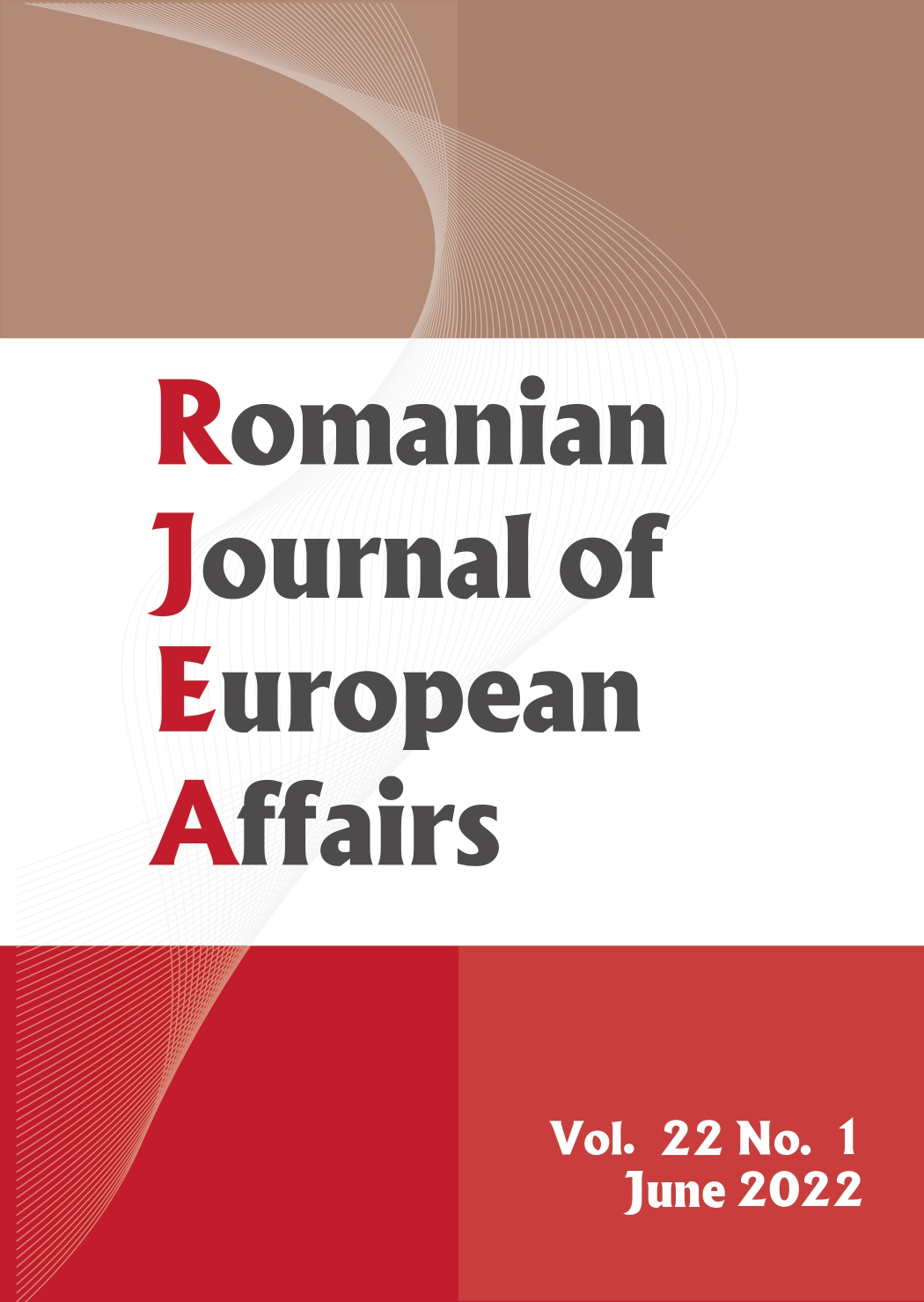European Digital Sovereignty: An Analysis of Authority Delegation
European Digital Sovereignty: An Analysis of Authority Delegation
Author(s): Cosmina MoghiorSubject(s): Politics / Political Sciences, Politics, Governance, Public Administration
Published by: Institutul European din România
Keywords: European digital sovereignty; principal-agent theory; historical analysis; EU institutional architecture; digital policy;
Summary/Abstract: The European Commission defines the concept of European digital sovereignty as the capacity to make “autonomous technological choices” and the ambition to shape rules and standards at the international level. The idea of “digital sovereignty” responds to the demands of the European public and private sectors to increase the uptake of indigenous technology. However, neither the official policy and discourses, nor the academic literature analyse the actors involved and the power distribution within this process. This article aims to investigate on what is digital sovereignty and who is the “owner” of this new type of sovereignty and the impact of this rhetoric on European integration. It does that by engaging the theoretic lenses of principal-agent framework, drawing on the development path of the European policymaking in the technological area, from the 1980’s until today. The paper concludes that the heterogenous preferences of the member states create the impetus to delegate powers to the European Commission. Furthermore, digital sovereignty rhetoric helps overcome the problems of delegation politics by building coalitions and consensus.
Journal: Romanian Journal of European Affairs
- Issue Year: 22/2022
- Issue No: 1
- Page Range: 104-121
- Page Count: 18
- Language: English

